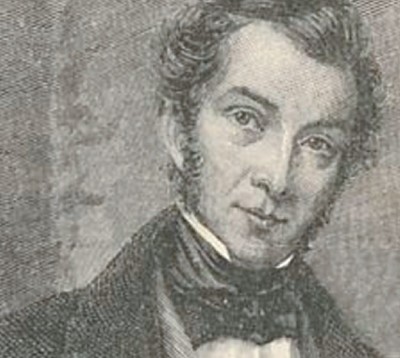Many myths have been spread about the character and effects of laissez-faire capitalism or so-called manchester capitalism. The „Ploetz“, encyclopedia of world history, defines Manchesterism as: „A term designating the extreme form of liberalist capitalism found particularly in the first half of the 19th century, taking its name from the city of Manchester (…); it propagates the free economy without any state control and with a total disregard for the social question.“
In fact such a definition truly dispraises manchesterism and neglects important facts about the advocates of Manchesterism, e.g. Richard Cobden or John Bright in Great Britain, Frédéric Bastiat in France, and Hermann Schulze-Delitzsch or Eugen Richter in Germany. „Laissez-faire“ is of french origin and was the answer of a french merchant to the question „What is necessary to help you?“ of the finance minister Jean-Baptiste Colbert, the founder of the protectionist mercantilism in France. The Manchester liberals were accused of causing the hunger crisis in Ireland and the trade crisis in England in the 1840ies. In fact free trade and the belief in the individual responsibility did not cause the crises.
The real cause was political in nature: The protectionist „Corn Laws„, enacted in 1815, 1822, and 1828, imposed high tariffs on imported grain and subsidized the export of locally produced grain. But grain which had been already scarce was also exported. The laws were of mercantilistic origin and should serve as an incentive to export grain. The government believed that a rising export should increase the production. In fact the opposite happened. „As early as in 1776, Adam Smith had warned in his book The Wealth of Nations that export subsidies during periods of poor harvests would further considerably aggravate the prevailing scarcity.“ (Doering, 2004, p. 6).
In fact manchesterism was more than just free market economy and free trade. Cobden, the leader of the popular manchester movement, engaged in reducing the misery of the poor and child labour. Moreover he was in favour of national education and supported the founding of cooperatives. And nearly every Manchester liberal engaged in policy for peace and rejected imperialistic attitudes. Finally four conclusions could be drawn (Doering, 2004, p. 25):
-
The working classes profit from a lifting of market barriers, not a small „bourgeois-capitalist“ class.
-
The lessons of Manchester are especially valuable for developing countries.
-
The two decades after 1846 when Manchester liberalism flourished saw Europe on the path to peace.
-
Liberal politics is never successful only limiting itself to „economically right“. A credible , far-reaching and idealistic agenda adressing the problems of man is necessary.
For more detailed information: Doering, Countering the myth of manchesterism, Potsdam, 2004 (Position Liberal).



















No comments
Be the first one to leave a comment.